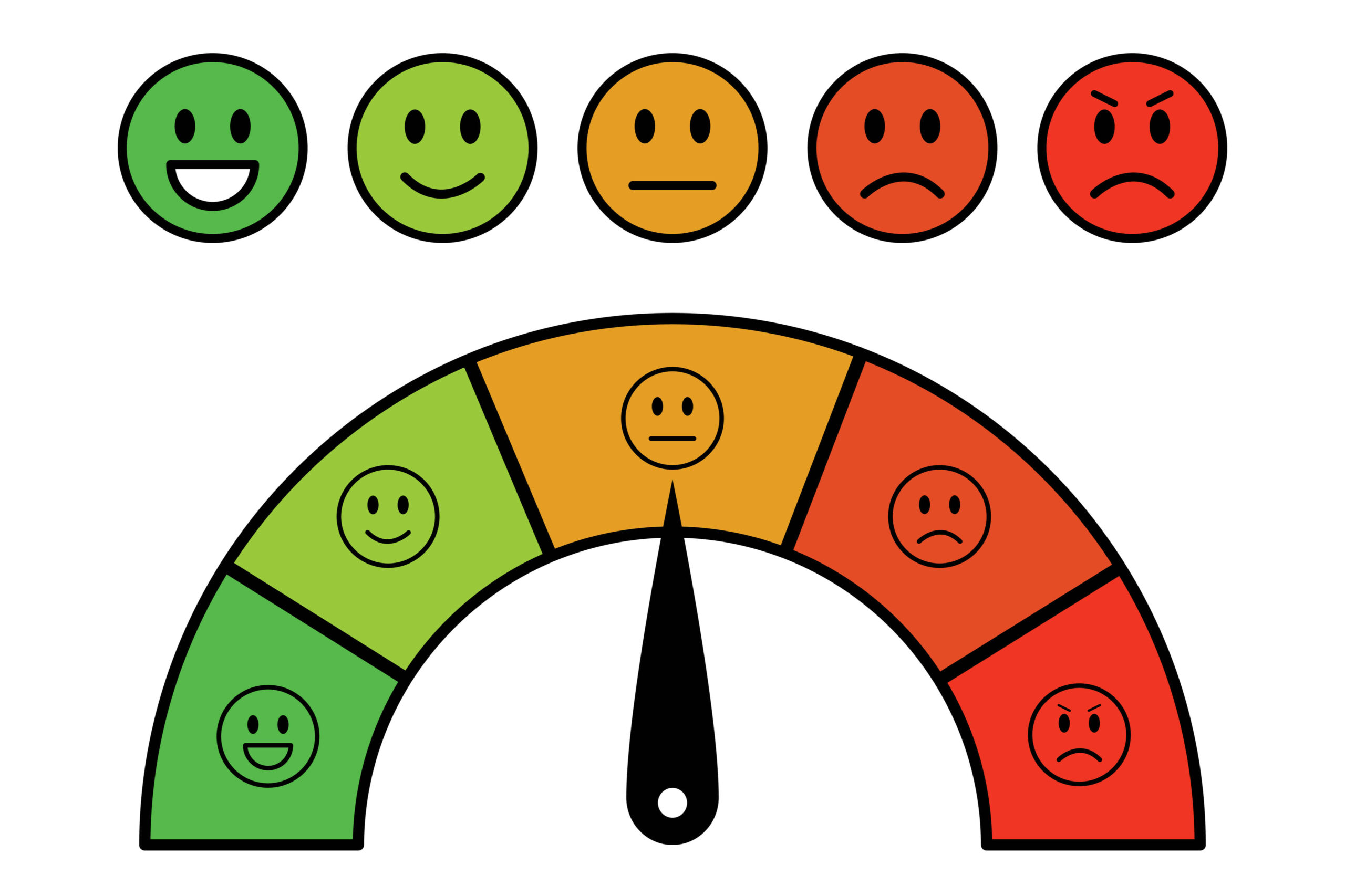Feeding the feelings: gender differences in emotional eating during COVID-19: a systematic review and meta-analysis
The COVID-19 pandemic has exacerbated mental health challenges, notably increasing emotional eating (EE) as a coping mechanism wherein individuals consume food in response to emotional stimuli rather than physiological hunger. This study specifically examines gender differences in EE during the pandemic, revealing that women reported heightened EE levels correlated with stress, anxiety, and depression due to various social and psychological factors. Conducted as a systematic review pre-registered under PROSPERO (CRD42023421727) and adhering to PRESS and PRISMA guidelines, the study analyzed literature published between March 2020 and August 2024. A total of 14,347 studies were screened, with 30 meeting the inclusion criteria—focusing on adults aged 18 or older, without clinical diagnoses, gender-specific analysis of EE, and observational studies that collected original data during the pandemic. Sixteen studies were included in the meta-analysis, which was performed according to MOOSE guidelines. The findings indicate that gender significantly moderates pandemic-related stress, with higher EE scores in women associated with factors such as social isolation and caregiving responsibilities. In contrast, men’s EE was often linked to reward-seeking behaviors. Across various measures and geographical regions, women consistently demonstrated higher EE scores (Cohen’s d = 0.39). Furthermore, young adults and students exhibited a stronger correlation with EE, suggesting increased vulnerability in these demographics. Key predictors of EE identified in the review included increased food intake, COVID-19-related stress, lifestyle changes, sleep quality, and physical activity. However, the predominance of cross-sectional designs in the included studies limits the ability to infer causality, and the potential for selection bias restricts the generalizability of the findings. The review calls for future longitudinal studies to assess causal relationships and to explore additional influencing factors such as socioeconomic status and overall mental health. Gender-sensitive interventions are recommended to mitigate EE risks, particularly among women. [NPID: Emotional eating, gender, caregiving, social isolation, diet, reward-seeking, COVID]
Year: 2025
 Navigation
Navigation








